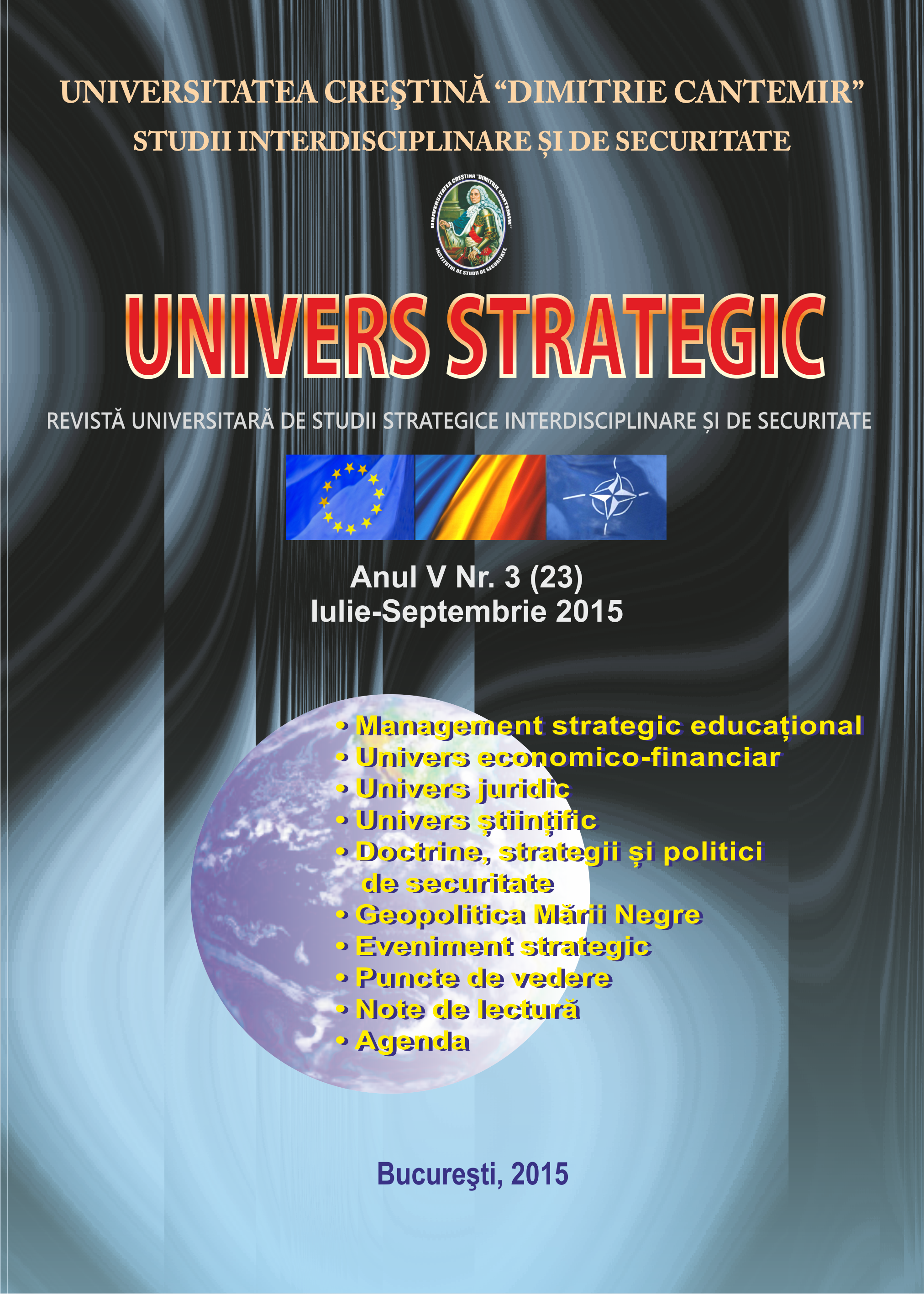CONTROLUL PARLAMENTAR. FUNDAMENTE TEORETICE
PARLIAMENTARY CONTROL. THEORETICAL FOUNDATIONS
Author(s): Andreea Ana-Maria AlexeSubject(s): Law, Constitution, Jurisprudence, Constitutional Law
Published by: Universitatea Crestina "Dimitrie Cantemir"
Keywords: political relations between the Parliament and the Government; democratic procedures; sovereign will; public authority; legislature; delegation of powers;
Summary/Abstract: Referring to the basic issue of the political relations between the Parliament and the Government, it should be noted that both public authorities are given through delegation specialized powers, each with roles, functions and specific tasks in the exercise of power. The credentials of delegation of power to these two public authorities, however, is different. The Parliament has a direct transmission (delegation) of power by the people through periodically elections, organized by electoral and democratic procedures and, if necessary, regulated by a special law. On the other hand, the Government is sworn / appointed by a public authority directly elected by the electorate. In parliamentary systems, the government is sworn in by the new elected Parliament. In the semi-presidential regimes the government is the expression of the sovereign will of the legislature
Journal: Revista Univers Strategic
- Issue Year: VI/2015
- Issue No: 23
- Page Range: 234-247
- Page Count: 14
- Language: Romanian

